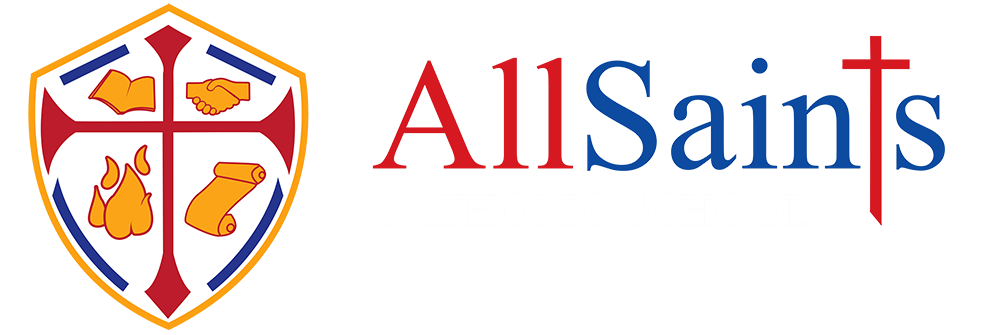Philosophy and Ethics
Summary
The Religious Education A level course follows the syllabus set by OCR. Students study three main areas:
- Philosophy of Religion
- Religion and Ethics
- Developments in Christian Thought
Throughout the course students develop their skills of analysis and evaluation while they grapple with philosophical and theological concepts. Students are given occasion to really delve into the meaning of life and human existence. The course has an excellent uptake throughout the school and builds upon the many years of study which students undertake prior to sixth form. The examinations are all essay based and require a good standard of writing. This course requires lateral thinking and problem-solving skills and develops a good grounding in morality.
Useful websites:
Formed.org
Word on fire
Ascension Presents
Pints with Aquinas
St. Paul Centre for Biblical Theology
EWTN

